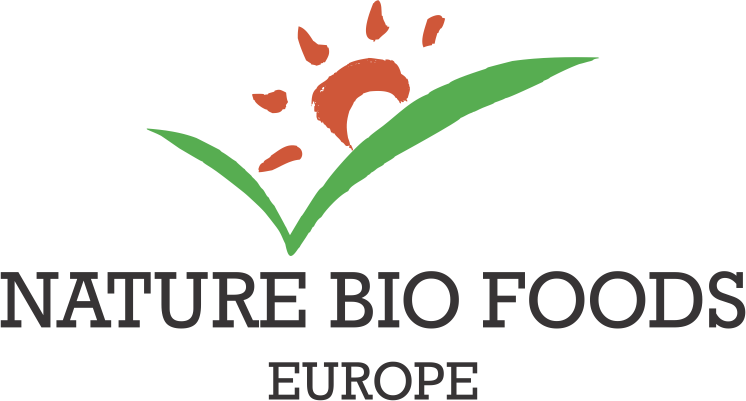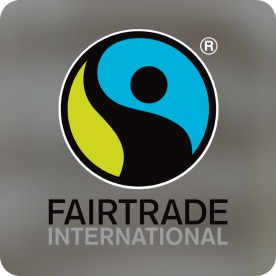
Fairtrade Certified Budaun Project
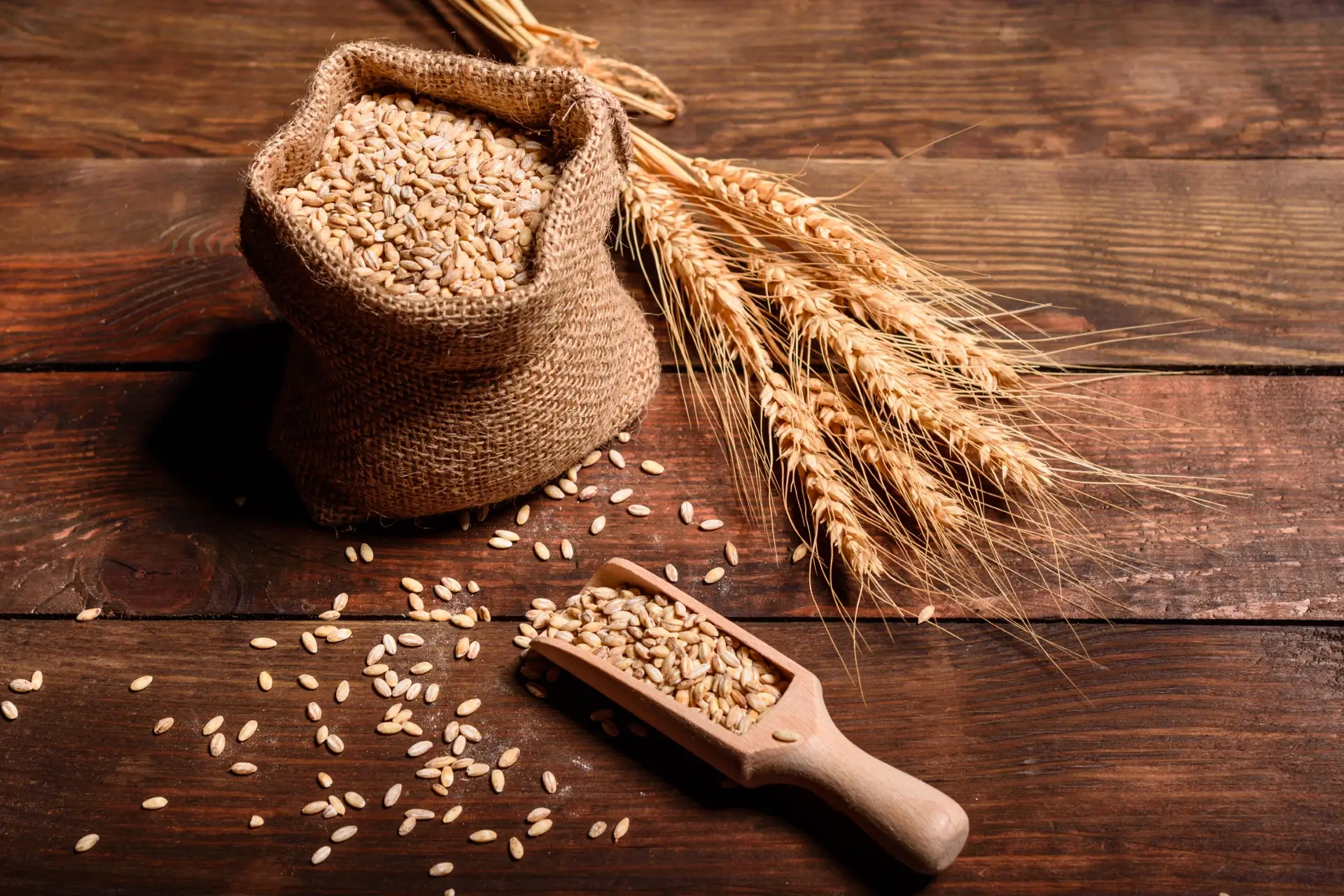
Fairtrade’s approach enables farmers and workers to have more control over their lives and decide how to invest in their future.
As a leader in the global movement to make trade fair, Fairtrade supports and challenges businesses and governments and connects farmers and workers with the people who buy their products.
A product with the FAIRTRADE Mark means producers and businesses have met internationally agreed standards that have been independently certified.
Farmers and workers have a strong voice at every level of Fairtrade, from how they invest in and run their local organizations to having an equal say in Fairtrade’s global decision-making.
Fairtrade changes the way trade works through better prices, decent working conditions, and a fairer deal for farmers and workers in developing countries.
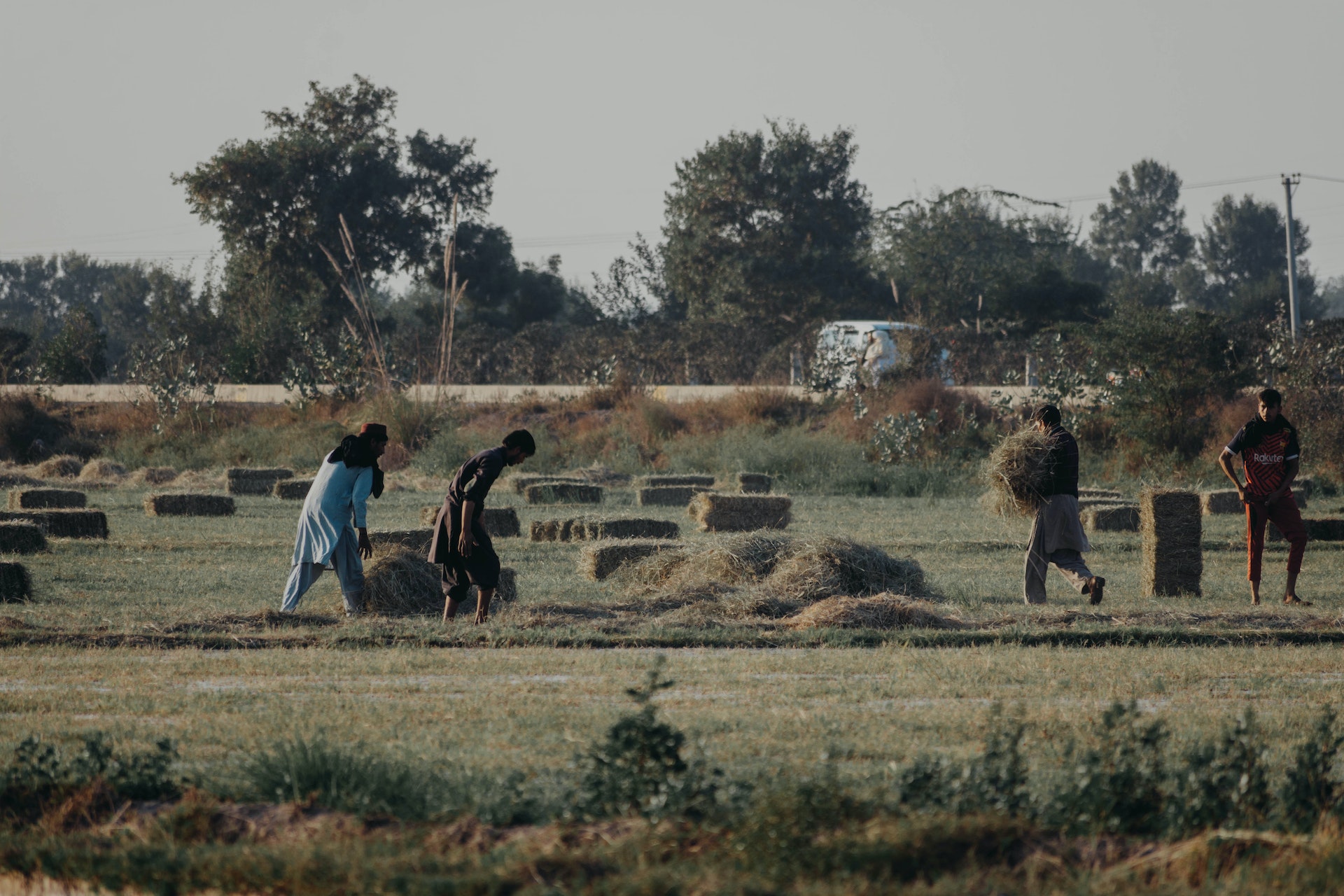
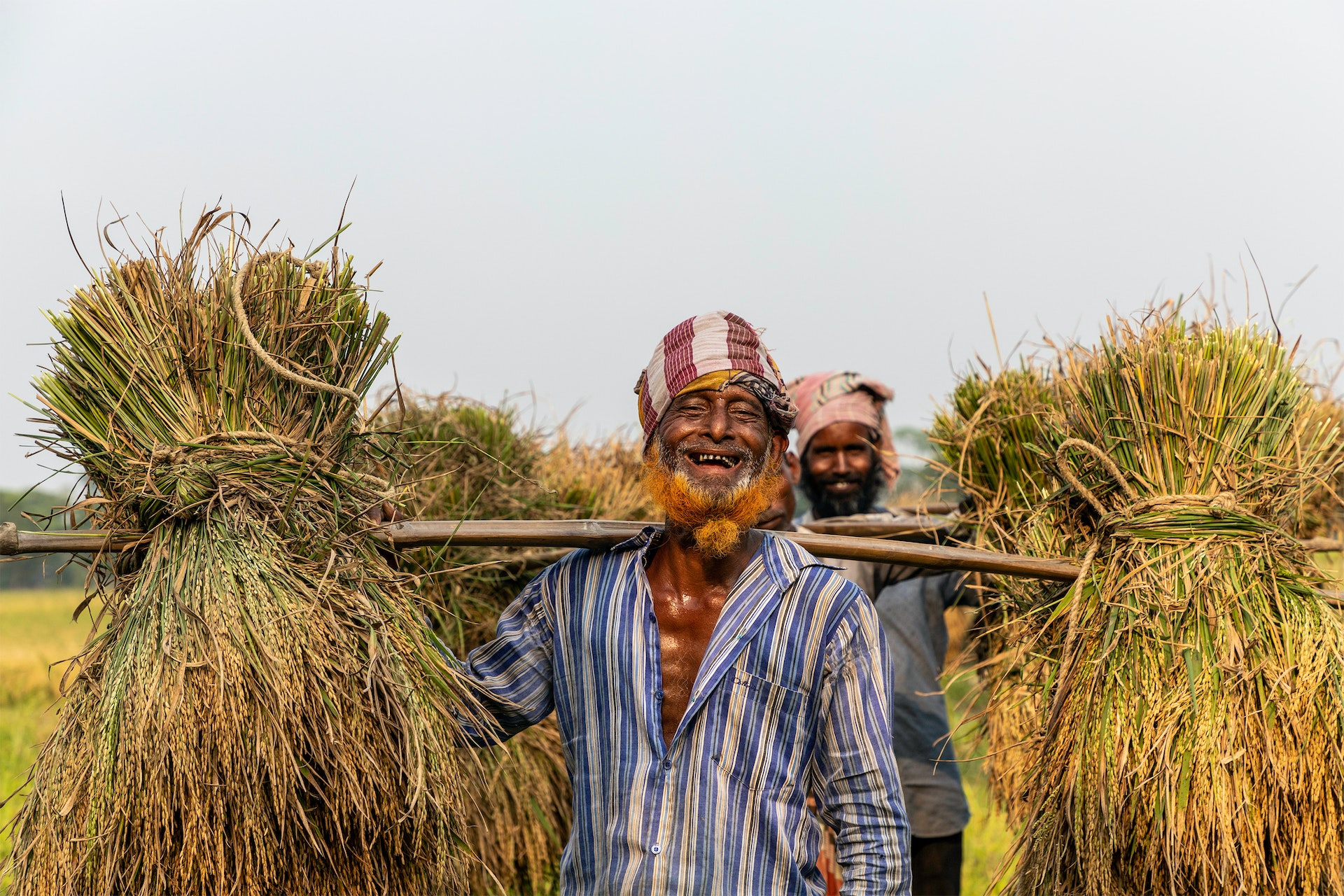
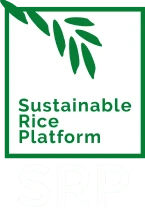
Sustainable Rice Platform
Originally co-convened by the United Nations Environment Programme (UNEP), the International Rice Research Institute (IRRI), and Deutsche Gesellschaft für Internationale Zusammenarbeit GmbH (GIZ) as a global multi-stakeholder initiative in 2011, SRP is now an independent membership association. Its vision is to “Feed the world. Sustainably” by transforming the global rice sector.
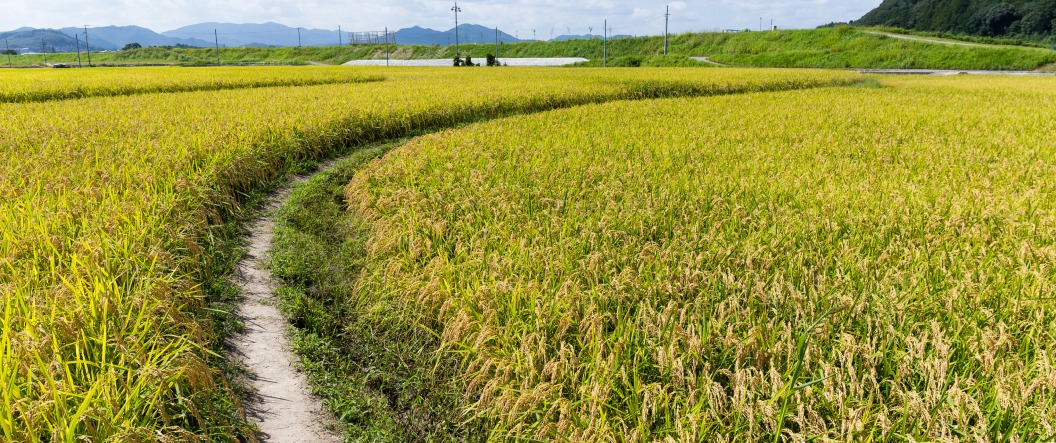
Rice and food systems.
Rice feeds the world. Over 3.5 billion people around the world rely on rice as a staple part of their diet. Almost 60% of people experiencing hunger globally live in rice-dependent geographies where rice represents more than 40% of their annual cereal diet. Changes in supply or price harm poorer households for whom rice can account for up to half of monthly spending.
Rice and livelihoods.
Rice provides livelihoods for nearly 1 billion people, but that livelihood lacks resilience. The world’s 144 million rice smallholders disproportionately bear the risks of production. Still, they are inadequately equipped to safeguard their livelihoods against turmoil – ranging from the current COVID-19 pandemic and its health and economic impact to the climate crisis. Women farmers, who contribute up to 80% of farm labour while overseeing the education and health of households, go unrecognized for their essential contributions and remain systemically excluded. Paradoxically, those who grow food are among the world’s most vulnerable and food-insecure.
Rice and climate change.
Climate change can trigger a collapse in the rice supply – and the entire food system. The health of land and water is vital for rice production but is at increasing risk. Rice cultivation is a leading driver of habitat loss in wetlands and forests, uses one-third of the world’s freshwater, and is responsible for 10% of global man-made methane emissions. Climate impacts alone are expected to lead to reductions in global rice supply of up to 15% by 2050. Maintaining current rice yields will thus be an enormous challenge. Under conventional production methods, this may require an additional land area equivalent to the size of Chile and further increase emissions by 300 MT CO2 equivalent.
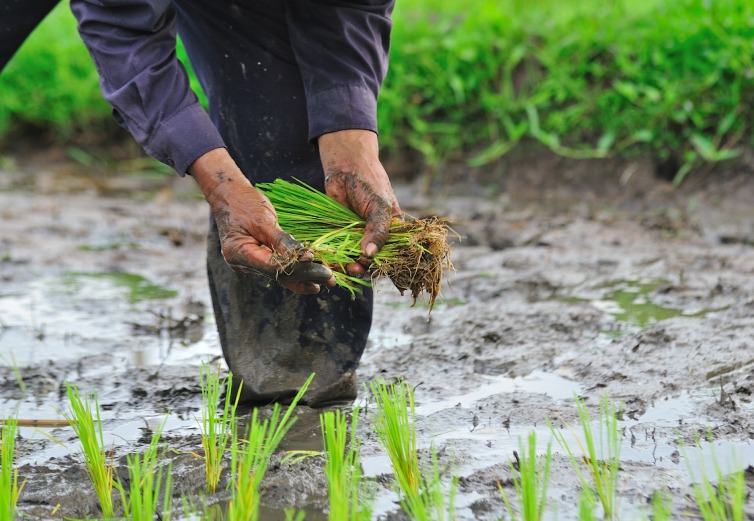
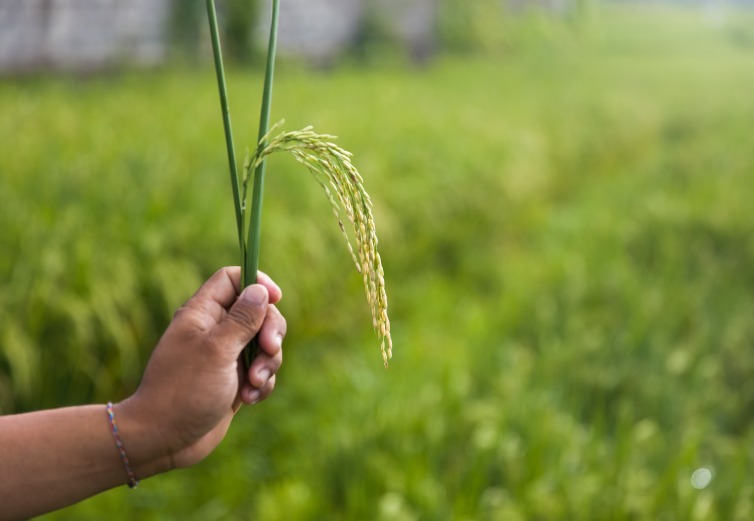
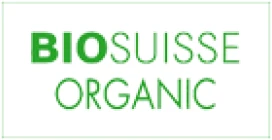
Bio Suisse is the Swiss organic market’s private label and the owner of the registered trademark Bud. Its standards are private law guidelines and exceed the minimum legal requirements in essential respects (EU-Eco-Regulation 834/2007 or equivalent).

Naturland promotes organic production and social recognition of organic agriculture worldwide. Their work enables them to contribute to protecting the environment and its resources, ensuring food security, and improving people’s living conditions. Naturland certification is attainable even for low-acreage farmers, they also work with producer associations that incorporate numerous individual producers. In this case, a producer association or ‘cooperative’ counts as one Naturland member.
